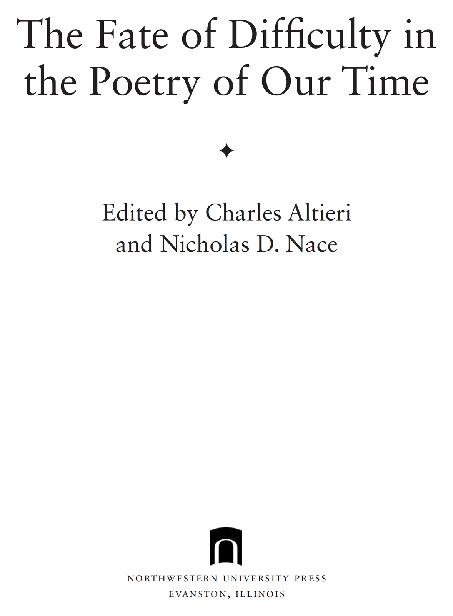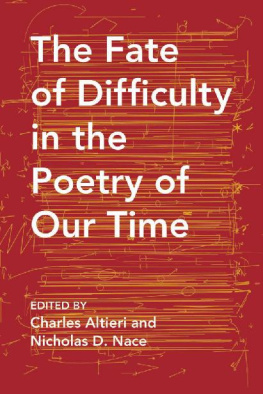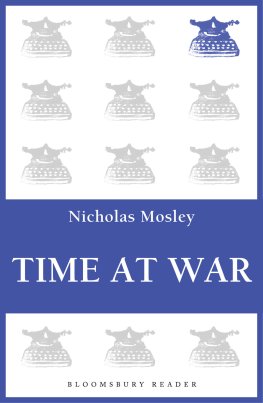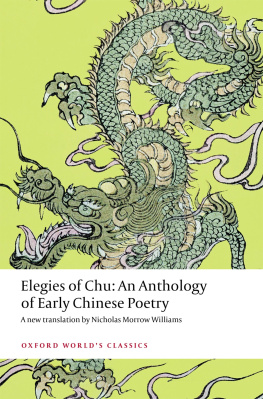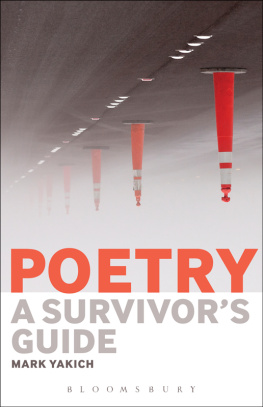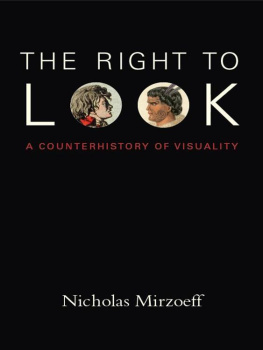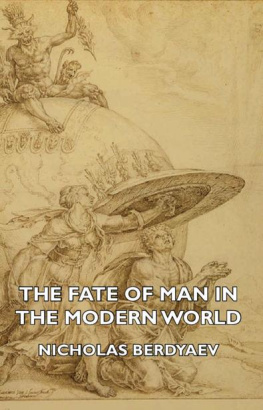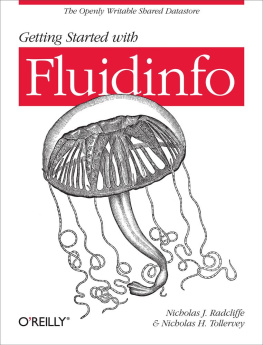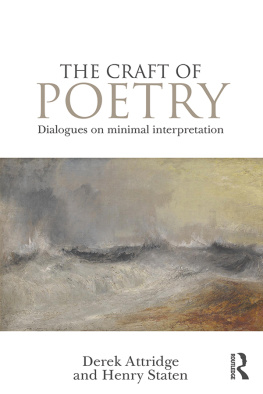The Fate of Difficulty in the Poetry of Our Time
Northwestern University Press
www.nupress.northwestern.edu
Copyright 2018 by Northwestern University Press.
Published 2018. All rights reserved.
10 9 8 7 6 5 4 3 2 1
ISBN 978-0-8101-3606-9
ISBN 978-0-8101-3605-2
ISBN 978-0-8101-3607-6 (e-book)
Library of Congress Cataloging-in-Publication data are available from the Library of Congress
CONTENTS
Charles Altieri and Nicholas D. Nace
Langdon Hammer
Al Filreis
Aaron Kunin
Charles Altieri
John Wilkinson
Michael W. Clune
Siobhan Phillips
Michael Davidson
Ben Lerner
Judith Goldman
Cary Nelson
Joseph Jonghyun Jeon
Brian Reed
Nadia Nurhussein
Jeanne Heuving
Evie Shockley
Roberto Tejada
Lyn Hejinian
Jennifer Scappettone
Bob Perelman
Lytle Shaw
Geoffrey G. OBrien
Nicholas D. Nace
Adalaide Morris
Jennifer Ashton
Marjorie Perloff
POEMS
Introduction
Charles Altieri and Nicholas D. Nace
The difficulties found are seldom ever the difficulties looked for, as the editing of this collection has proven. In focusing on the idea of difficulty in contemporary poetry, we at first expected to engage with poems that ennoble modes of complexity, density, indeterminacy, opacity, and abstraction. Such an expectation has, after all, been common in recent critical engagements with self-consciously innovative poetry. Yet this way of proceeding sets one up to find precisely what one expects to see, namely the present manifestation of established lineages defined by well-known difficult poets of the past. We soon realized in working on this project that we had to alter our expectations. For one thing, we wanted to be guided by how a sense of difficulty seems to inhere in specific poems, without recourse to the clustering of poets as exemplars or inheritors of certain schools, movements, or techniques. When we follow this approach, the concept of difficulty expands over a messy terrain. Looking at the field from this vantage, we found that the expectations we held onto were seriously limited and limiting.
We started with the idea that we would feel less frustrated in our approach to the work of relatively young contemporary poets if we could figure out how, precisely, they approached the compositional role of difficulty in a manner different from their modernist predecessors and even from influential postwar poets such as Bishop, Merrill, OHara, Creeley, Ashbery, and Plath. So we invited twenty-six of the critics and poets we most admired to take up this topic in essays of no more than five thousand words. Our understanding of difficulty at the start was quite formala matter of how poets organized languages of poetryand therefore our assumption was that the internal physics of difficult poems could be laid bare through a variety of close reading that intensely focuses on their organization (the approach offered in Altieris contribution to this collection). We wanted to know how contemporary poets deploy difficulty in their linguistic and lyric structures. And we wanted to know how particular contemporary understandings of difficulty differed from one another as means of challenging and rewarding readers skeptical of modernist difficulty as largely the construction of cultural capital. We did not ask at all about difficulties engaging the nature of social life or even of engaging various groups of readers, since we now realize that we assumed all relevant readers were devoted to impersonal acts of reflection and judgment focused through attention on the authorial activity. Furthermore we did not ask sufficiently general questions about why difficulty might be a central concern for the study of poetry. Nor did we ask about the joy of difficulty, though we assumed such a complex emotion existed.
Our blindness set us up to encounter substantial surprises. The first surprise was that our authors did not choose some of those we thought the most interesting younger contemporary poets. But our disappointment turned into considerable pleasure as we read about poets whom we did not know or did not take sufficiently seriously before encountering our contributors essays. More importantly, the variety of work our contributors explored almost completely transformed our sense of our topic. What we had to come to call comparative difficulty studies was a far richer and more telling approach to contemporary poetry than we had imagined. The essays challenged many of our core assumptions and, in doing that, provided what we think are fresh and compelling perspectives on how contemporary poets engage their cultural situations.
Here we can offer an initial overview of what these essays accomplish by invoking distinctions proposed long ago by the late M. H. Abrams. He suggested that we clarify how each theoretical argument handles four specific topics, conceptualized almost as if they were points on a compass. The two most obvious topics involve how the theory conceives of the basic roles of author and of audience in the production of literary artifacts. Grantedor so we thought. But Abrams suggested, too, that we must specify what attributes of the construction of the work are central to the theory and how these attributes make possible distinctive relations to the world beyond the text. Understanding the fit between work and world was where fundamental assumptions about authors and audiences began to get complicated.
Before reading these essays, we tended to imagine authorship in poetry as a kind of mastery, bringing the intensity of personal engagements with situations into a kind of order that would provide structure for passion and intensity for the work of mind. But most of these essays stress the ways that authors acknowledge the limited nature of such mastery. They emphasize a level of authorship that does not offer confessional sincerity as a badge of authenticity but instead makes visible a sense of struggle that precludes any stable identity position. Rather than stress the authority earned by craft, these writers seek from the audience an intimacy with their own confusions and tensions about the position of a writer. Most contemporary poets want to share a condition more than they want to instruct and to delight, even if this sharing is based not on an inner life so much as on painful encounters with structures that organize social reality. We began to notice that such desires tend, in our time, to require considerable space for articulation. For many poets who approach issues of authorship, difficulty takes place less in short lyric or anti-lyric forms than in longer book-length works.
Our biggest surprise was how these goals mobilized concerns for audiences within this poetry. In fact we were forced to realize that we had not thought much about audiences at all, assuming as we did that a work, especially an experimental work, constructed its audience on and by its own terms. The work tried at once to appeal to the aesthetic judgment of its implied audience and, at the same time, to engage the best contemplative selves of that audience so that readers might provisionally identify with the authors interests in making this particular aspect of an imagined world. But essay after essay here proposes a very different sense of audience. The audience becomes a set of agents who are assumed to be suspicious of language because it seems to function less as a vehicle of discovery than as a mode of interpellation imposing on audiences control and conformity. That suspicion of language accompanies a profound uneasiness about social positionwhether it be the position of privileged white professional or the position of imaginary rebel obsessed with the inadequacies of the dominant social order. And most important, we had to recognize that many of our poets do not either assume or construct an audience but assume a position of need that invites the audience to participate creatively in the space marked out by the poem. The divided author needs to have not only the presence of a sympathetic audience but also hope that the writing can help form communities capable of modifying the social conditions that generate the desire in the first place.
